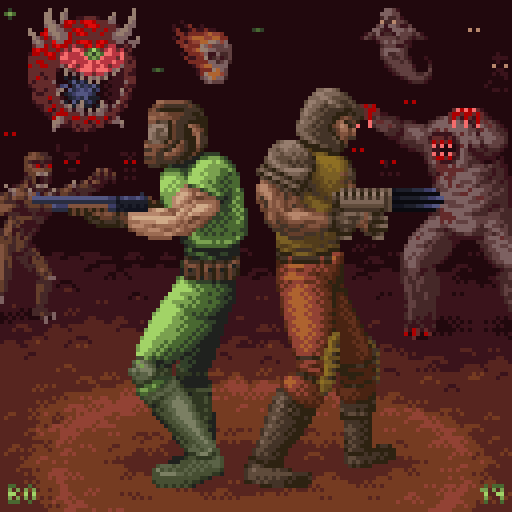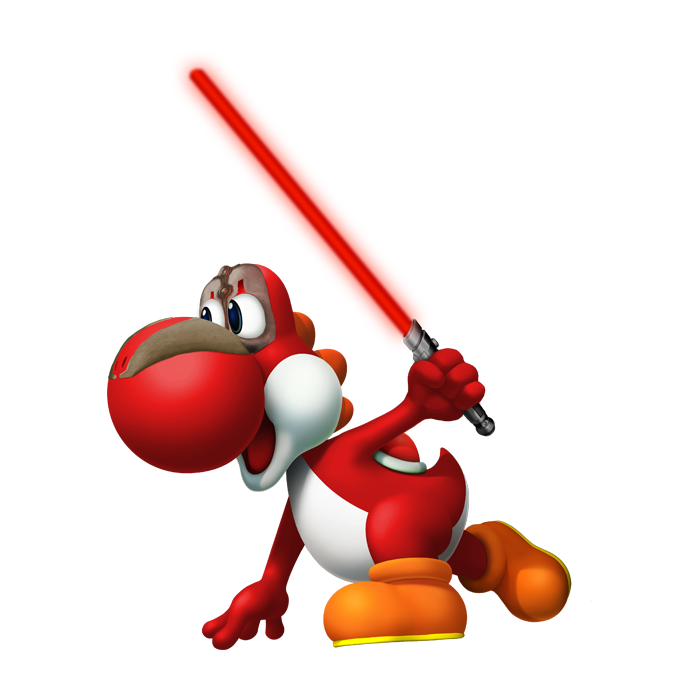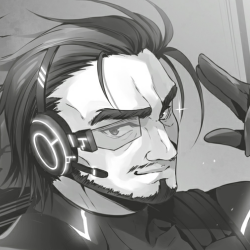Not that surprising an outcome given it was either this or go bankrupt through legal fees as the case dragged on. At least there’s still Ryujinx.
As I heard it, the fact that they were heavily implying (and often delivering) versions of the emulator that worked with as yet unreleased games for Patreon backers exclusively while the ‘open to everyone’ version was not as compatible, is what probably did them in.
It would have been pretty hard for them to argue that their emulator was for legal means when they were constantly telling people to pay up for the Patreon to get access to builds optimized for games that hadn’t yet gone on sale. If they had just kept the public in parity with the Patreon and just coincidentally had performance uplifts on upcoming games before they dropped, they’d probably have been fine. As it is, they painted a pretty compelling picture that they were “pay for piracy” and that’s where the lawyers probably told them to take a deal and get out.
It’s was naive of them to think they could get away with making optimizations for games that haven’t been released yet as long as it’s behind a paywall. As if Nintendo didn’t make a Patreon account and sub to them to collect evidence for their case.
The moment they even touched the ROMs of unreleased games they were engaging in piracy.
Maybe it’s just a case of hindsight being 20/20, but it in some ways really feels like they were borderline asking to get sued.
The headline undersells the outcome by a lot.
As part of the judgment by the US District Court of Rhode Island, Tropic Haze was issued with a permanent injunction preventing it from offering or marketing Yuzu or any of its source code in the future.
Its members are also prevented from creating any future software that circumvents Nintendo’s technical protection, and Tropic Haze must surrender all website domains and information related to its emulator.
Ownership of all related websites and domains must be turned over, and the developers are barred from further participation in “creating any future software that circumvents Nintendo’s technical protection”.
The wording of the actual settlement will be key here, which we are unlikely to ever see. At a minimum it puts significant controls on how the individual developers can interact with the Nintendo emulation community, if not outright prevents them from contributing code to most Nintendo based emulators. It almost certainly increases their individual liabilities if they are caught assisting such a project again, as they will be forced defend how their contributions don’t violate the settlement. And that’s just to avoid stiffer penalties being thrown at them.
Well, so much for Yuzu. Wonder how long Ryujinx will last?
What a lovely fucking precedent to have.
There is no precedent. The case never made it to court.
Oh, I guess that’s slightly better. At least this fucking idiocy didn’t make it into, essentially, law. But it also means that Nintendo (and other corpos) will not stop suing people left and right.
At what point will they sue fucking computer manufacturers, I wonder? Clearly, the ability to run unsigned code facilitates creation of code that’s illegal (such as DRM circumvention tools and fucking Nintendo emulators), which, in turn, obviously facilitates piracy of Nintendo games! Poor Nintendo is loosing dozens of dollars because of those evil, evil computers which are clearly used for pirating their games and nothing else! This needs to stop!
To be fair, the Yuzu team weren’t exactly running a moneyless operation, like most emulators do. That’s what’s being sued over here
F
I wonder why they settled, I thought emulators were protected as long as they don’t contain any copyrighted stuff. Was it because they circumvented DRM?
I wonder why they settled
Because they were engaged in code theft, piracy and Nintendo had them dead to rights. Leaked chats and drive folders showed they were actively pirating games, paywalling questionable content and using the Switch SDK. Clean room emulation implementations are completely legal. Their methods and behavior were not.
Ok I didn’t know that.
I wonder why they settled
I’d imagine because they charged for access to piracy-specific functions of the tool and knew they couldn’t argue a case.
It was a dumb move for them to add functionality for unreleased games in the first place, and an even worse move to charge money for it. It makes it a lot harder to convince a court that your tool is for backup/archival purposes only, when you have features that could only work with pirated materials.
Because Nintendo would have dragged them to the court repeatedly and bled them dry that way.
The case Nintendo was making, as I understand it, was that their site provided pretty clear links to sources where you could circumvent encryption, even though they weren’t doing it themselves.
This is effectively how Kakao argued against Tachiyomi: they provided extensions to websites where pirated manga could be hosted, even if they weren’t running the sites themselves. They facilitated piracy, even if they didn’t host any pirated content.
I have a profound respect for how RPCS3 has been able to stay above water. They police the community heavily, AND they have a list of games that are persona non grata to even talk about, let alone ask how to get them to work.
AND they have a list of games that are persona non grata to even talk about, let alone ask how to get them to work.
where’s the list?















